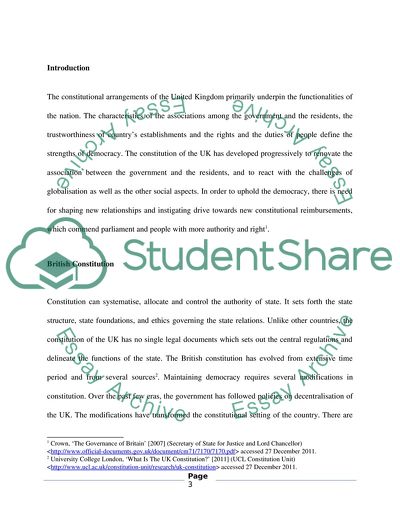Cite this document
(The United Kingdom Constitution Coursework Example | Topics and Well Written Essays - 2000 words - 1, n.d.)
The United Kingdom Constitution Coursework Example | Topics and Well Written Essays - 2000 words - 1. https://studentshare.org/law/1764152-the-united-kingdom-constitution-is-underpinned-by-strong-clear-principles-which-serve-to-uphold-democracy-discuss
The United Kingdom Constitution Coursework Example | Topics and Well Written Essays - 2000 words - 1. https://studentshare.org/law/1764152-the-united-kingdom-constitution-is-underpinned-by-strong-clear-principles-which-serve-to-uphold-democracy-discuss
(The United Kingdom Constitution Coursework Example | Topics and Well Written Essays - 2000 Words - 1)
The United Kingdom Constitution Coursework Example | Topics and Well Written Essays - 2000 Words - 1. https://studentshare.org/law/1764152-the-united-kingdom-constitution-is-underpinned-by-strong-clear-principles-which-serve-to-uphold-democracy-discuss.
The United Kingdom Constitution Coursework Example | Topics and Well Written Essays - 2000 Words - 1. https://studentshare.org/law/1764152-the-united-kingdom-constitution-is-underpinned-by-strong-clear-principles-which-serve-to-uphold-democracy-discuss.
“The United Kingdom Constitution Coursework Example | Topics and Well Written Essays - 2000 Words - 1”. https://studentshare.org/law/1764152-the-united-kingdom-constitution-is-underpinned-by-strong-clear-principles-which-serve-to-uphold-democracy-discuss.


